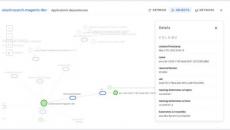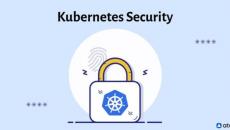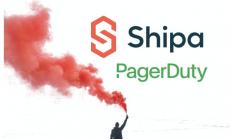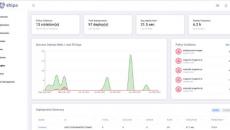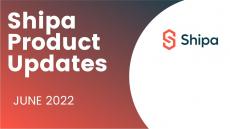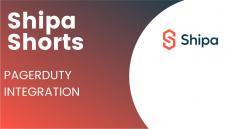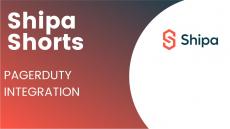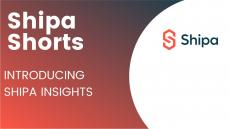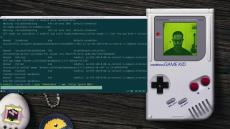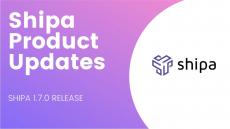- August 2022 (3)
- July 2022 (1)
- June 2022 (12)
- May 2022 (10)
- April 2022 (11)
- March 2022 (19)
- February 2022 (12)
- January 2022 (14)
- December 2021 (10)
- November 2021 (9)
- October 2021 (12)
- September 2021 (11)
- August 2021 (6)
- July 2021 (6)
- June 2021 (7)
- May 2021 (4)
- April 2021 (3)
- March 2021 (13)
- February 2021 (7)
- January 2021 (9)
- December 2020 (6)
- November 2020 (7)
- October 2020 (4)
- September 2020 (3)
- June 2020 (12)
Shipa’s cloud native application management framework allows organizations to successfully run mission-critical applications on Kubernetes in days instead of years. The lightweight framework eliminates the need for platform teams to develop custom scripts or to manage a lengthy migration while still giving them centralized control over configurations to reduce the risk of misconfigurations.
From the developer perspective, Shipa provides an application-centric way to develop, deploy and manage cloud native applications without requiring any Kubernetes expertise. This helps developers ramp up faster and improves long-term development speed, since they never have to manage infrastructure components.
Cloud-Native Application Management Framework:
- No Custom Scripts: Tired of piecing together Helm charts, Terraform scripts and custom YAML just to get your applications into production?
- Accelerate Adoption: Don't underestimate the amount of work it takes to create a production-ready framework for Kubernetes applications.
- Manage Kubernetes: Is Kubernetes becoming so complicated and things are falling through the cracks?
- Happier Developers: Give your developers the application-centric deployment pathway they want you to deliver.
Full lifecycle application-centric framework for Kubernetes so everyone can focus on applications.



